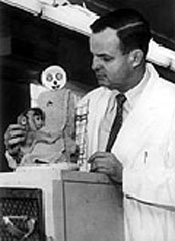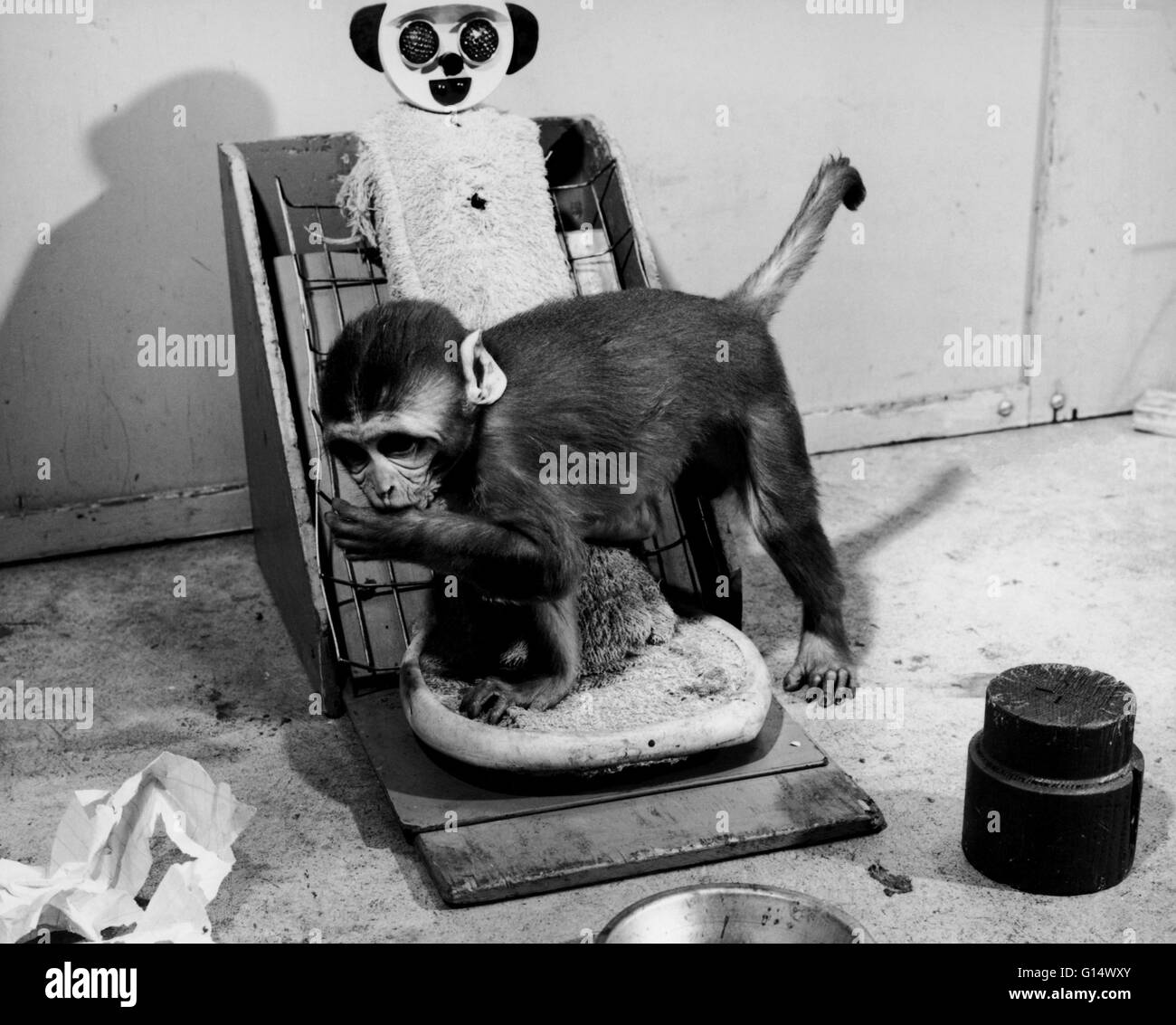Results of the harlow monkey experiment. The bare wire mother appears below.

Classics In The History Of Psychology Harlow 1958
Harry frederick harlow october 31 1905 december 6 1981 was an american psychologist best known for his maternal separation dependency needs and social isolation experiments on rhesus monkeys which manifested the importance of caregiving and companionship to social and cognitive developmenthe conducted most of his research at the university of wisconsinmadison where humanistic.

Cloth mother monkey experiment. In the 1950s psychologist harry harlow began a series of experiments on baby monkeys depriving them of their biological mothers and using substitute wire and terry cloth covered mothers. Harlows goal was to study the nature of attachment and how it affects monkeys who were deprived of their mothers early in life. The terry cloth mother is pictured above.
Harry harlow with the mother surrogates he used to raise infant monkeys. After observing the baby monkeys over time harlow found that even though the baby monkeys received nourishment from the wire mesh mother they still spent more time cuddling and being affectionate with the terry cloth mother. Given a choice infant monkeys invariably preferred surrogate mothers covered with soft terry cloth and they spent a great deal of time cuddling with them above just as they would have with.
Harry harlow shows that infant rhesus monkeys appear to form an affectional bond with soft cloth surrogate mothers that offered no food but not with wire surrogate mothers that provided a food.

The Nature Of Love The Gruesome

The Nature Of Love The Gruesome

Adoption History Harry Harlow Monkey Love Experiments

Harlow S Monkey Experiment The Bond Between Babies And


